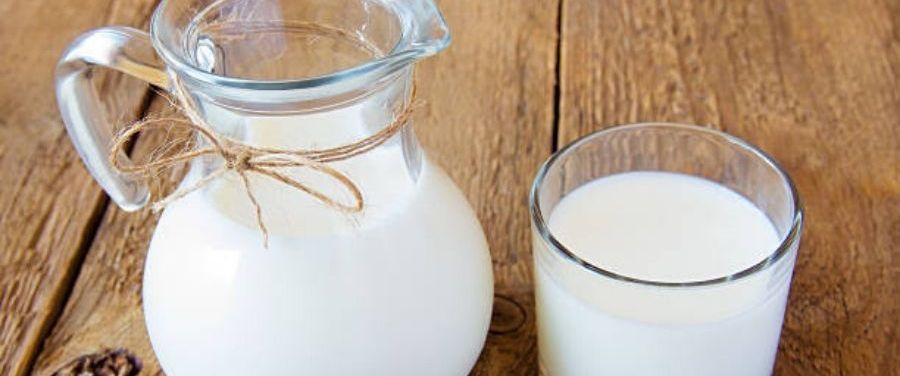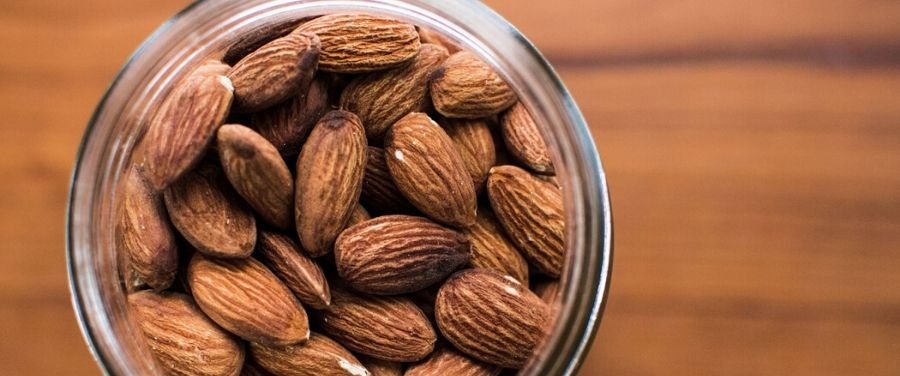WHAT IS ACID REFLUX?
Acidity or acid-reflux is a very common condition. Due to this, you may feel heartburn around the lower chest area, restlessness, bad breathing or any other issue. The food we eat goes down into the stomach. The gastric glands in the stomach usually produces gastric acid which helps to digest food.
Acidity occurs when the gastric glands create a large amount of this acid, more than what is required for the digestion process. Unhealthy eating habits and poor lifestyle may also cause this condition.
WHAT CAUSES ACID REFLUX?
This condition is extremely common in India because of heavy consumption of oily, spicy and junk food by Indians. Other factors are also responsible for acid reflux; including —
- Eating large meals or lying down right after a meal
- Being overweight
- Consuming non-vegetarian, spicy or junk foods
- Snacking close to bedtime
- Excessive stress
- Lack of sleep
- Being pregnant
- Consuming too much alcohol or liquor, tea, coffee or carbonated drinks
- Taking certain medication
- Smoking
- Stomach disorders like stomach tumor, peptic ulcers, etc.
- Eating certain foods, such as citrus, tomato, garlic, chocolate, mint or onions
WHAT ARE THE SYMPTOMS OF ACID REFLUX?
Symptoms ofmay include —
- Burning sensation in the stomach and throat
- Prolonged sour taste in the mouth
- Difficulty in swallowing
- Restlessness
- Belching
- Nausea
- Bad breath
- Constipation or indigestion
- Regurgitation
- Bloating
- Bloody or black stools or bloody vomiting
- Burping
- Weight loss for no known reason
- Dry cough, hoarseness, wheezing or chronic sore throat
HOW TO PREVENT ACID REFLUX?
Acidity can be prevented by making changes in certain foods and eating habits. Some ways to prevent acidity (stomach irritation) are as follows –
- Eat more and more fruits and vegetables (which are not acidic)
- Instead of eating once, eat smaller meals
- Take dinner around 1 to 2 hours before sleeping
- Maintaining a healthy body weight
- Exercise
- Drink more than 3 liters of water per day
- Don’t drink water 30 minutes before meals and 1 hour after meals
- Avoid wearing tight belts and clothes
HOW TO DIAGNOSE ACID REFLUX?
Usually, after giving lifestyle changes and acidity medicines, it is diagnosed after seeing no improvement in the symptoms of heartburn.
Acidity and chest irritation are common problems and they are also very easy to diagnose. However, at times they can also cause confusion of pneumonia, heart attack and other chest problems.

The following types of investigations may be required —
- Endoscopy — It can check stomach problems. In this test a long, flexible, lighted tube is inserted with a camera down your throat.
- Biopsy — Taking samples of tissue for examination in laboratory for infection or abnormalities.
- Barium X-ray — In this test, a special type of selected liquid is given to the patient first, and then patient’s imaging tests are taken, with the help of that particular selection, the pictures of internal organs are cleaned
- Esophageal Manometry — It measures the pressure of the esophagus
- Impedance Monitoring — In this test, the rate of movement of the acid in the esophagus is measured
- pH Monitoring — checking the level of acid in the stomach contents.
HOW TO TREAT ACID REFLUX?
1. Cold Milk:
You can use cold milk to cure acid flux because it can neutralize the acids in your stomach and can give you relief from acidity.

One glass of cold milk helps to prevent your acidity related problems.
2. Buttermilk:
Buttermilk helps to normalize acid flux because it contains lactic acid. You can consume plain buttermilk several times a day until you get relief.
3. Apple Cider Vinegar:
Apple cider vinegar can be a good remedy, if you are suffering from acidity related problems. It is because it has alkalizing impact though acidic in nature.

Basically, include apple cider vinegar in a glass of water and drink it before your meals.
4. Ice-Cream:
Ice-cream is delicious in taste and one cup of ice-cream can give you relief from acidity. If you are not susceptible to cold and cough then you can try ice cream.
5. Almonds:
Almonds are also good because they neutralize the juices in your stomach and helps to prevent acidity issues.

6. Have a Balanced Life:
- Drink a decent amount of water and increase your liquid intake
- Avoid spicy, oily and junk food in your diet
- Do exercise or physical activities every day
7. Stop Drinking and Smoking:
Smoking and drinking can trigger your acidity problems. So you should avoid smoking and drinking both.
8. Get Enough Sleep:
Lack of sleep can cause gastric issues. So, just stop late night sleeping and take enough sleep of minimum 6 to 7 hours a day.
WHAT TO AVOID DURING ACID REFLUX?
It may include foods such as —
- Dry fruits such as peanuts and walnuts
- Sugar and processed honey
- Some types of spices like vinegar, green chillies, black pepper and cinnamon
- Processed foods and processed cheese
- Cereals and whole pulses
- Alcohol
- Smoking
- Caffeinated drinks such as tea and coffee
- Lemons and oranges
WHAT TO EAT DURING ACID REFLUX?
Vegetables — Vegetables are naturally low in fat and sugar, help to reduce the acid levels in the stomach. Include green beans, cauliflower, broccoli, green leafy vegetables, potatoes and cucumbers.
Ginger — Ginger has natural anti-inflammatory, it helps a lot in reducing acid reflux disease.
Oatmeal — Oatmeal is a whole grain, so it is excellent for fiber. Oatmeal absorbs stomach acid, which can reduce symptoms of acid reflux.
Fruits — Include non-citrus fruits such as bananas, melons, apples, and pears.
Egg Whites — It is also a better option to consume egg whites. Those who have acidity problem should not consume yellow portion of eggs.
Healthy Fats — Its sources may include flax seeds, olive oil and sunflower oil, etc.
FINAL WORDS
Hope all mentioned points will help you. If you have any query or suggestions, please leave your words in comment section. We will be happy on getting your valuable feedback.
REFERENCES
- Heartburn and acid reflux. https://www.nhs.uk/conditions/heartburn-and-acid-reflux/
- 9 ways to relieve acid reflux without medication. https://www.health.harvard.edu/digestive-health/9-ways-to-relieve-acid-reflux-without-medication
- Acid Reflux (GER & GERD) in Adults, National Institute of Diabetes and Digestive and Kidney Disease; https://www.niddk.nih.gov/health-information/digestive-diseases/acid-reflux-ger-gerd-adults
- What Facts Should You Know About Acid Reflux (GERD)?. Acid Reflux (GERD), Medical Author: P John Simic, MD; Medical Editor: John P. Cunha, DO, FACOEP;
- GERD (Chronic Acid Reflux).Cleveland Clinic; https://my.clevelandclinic.org/health/diseases/17019-gerd-or-acid-reflux-or-heartburn-overview
- Gastroesophageal Reflux Disease (GERD). Reviewed by: J. Fernando del Rosario, MD; https://kidshealth.org/en/teens/gerd.html
- GERD (Gastroesophageal Reflux Disease). Medicine Plus; https://medlineplus.gov/gerd.html
- Acid Reflux. American College of Gastroenterology; https://gi.org/topics/acid-reflux/
- Gastroesophageal Reflux Disease. Medically reviewed by Drugs.com; Last updated on Feb 3, 2020; https://www.drugs.com/cg/gastroesophageal-reflux-disease.html
